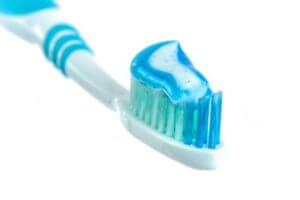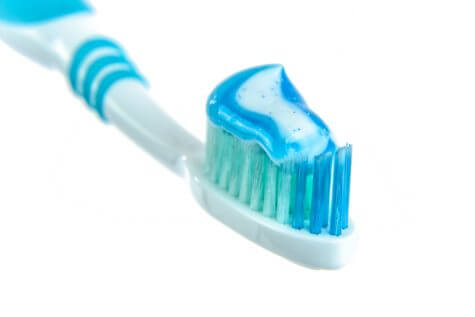QUEENSLAND, Australia — Antibiotic resistance is a growing problem across the globe, according to the World Health Organization, with many common infections becoming tougher to treat with the long-used medications. How do humans grow resistant to antibiotics? According to one new study, some personal hygiene products in your medicine cabinet could actually be part of the problem.

That’s because researchers from the University of Queensland say an ingredient found in some popular toothpaste, deodorant, and shaving gel products may be contributing to antibiotic resistance. The ingredient, Triclosan, is an additive used to prevent growth of bacteria in products. Triclosan, along with 18 other antibacterial additives, was banned by the Food and Drug Administration for use in soaps and body washes in 2016 because there was not enough evidence proving that it was safe for long-term daily use. Companies also failed to show that the additives were any better than simply using regular soap and water to clean the body.
But now researchers say using products that contain Triclosan could be even more detrimental than believed. Researchers from Queensland’s Advanced Water Management Centre found that the common bacteria E.coli became resistant to several antibiotics after exposure to triclosan for just 30 days.
“This discovery provides strong evidence that the triclosan found in personal care products that we use daily is accelerating the spread of antibiotic resistance,” says study co-author Dr. Jianhua Guo in a statement.
Researchers say the finding should push governments across the globe to be more proactive in limiting human exposure to triclosan.
“While the US Food and Drug Administration (FDA) has banned the use of triclosan in antibacterial soap, the previous lack of unequivocal evidence prevented such a policy being adopted in other countries,” argues Professor Zhiguo Yuan, director of the Advanced Water Management Centre.
According to the researchers, 700,000 people die each year from developing antibiotic resistance.
In the meantime, you can help yourself by checking the ingredients of personal hygiene products if you’re concerned. Many products that once contained triclosan have since removed it from their ingredients, but others have yet to make the change. You can also check this Household Products Database from the U.S. Department of Health and Human Services.
The full study was published in the September 2018 edition of the journal Environment International.
